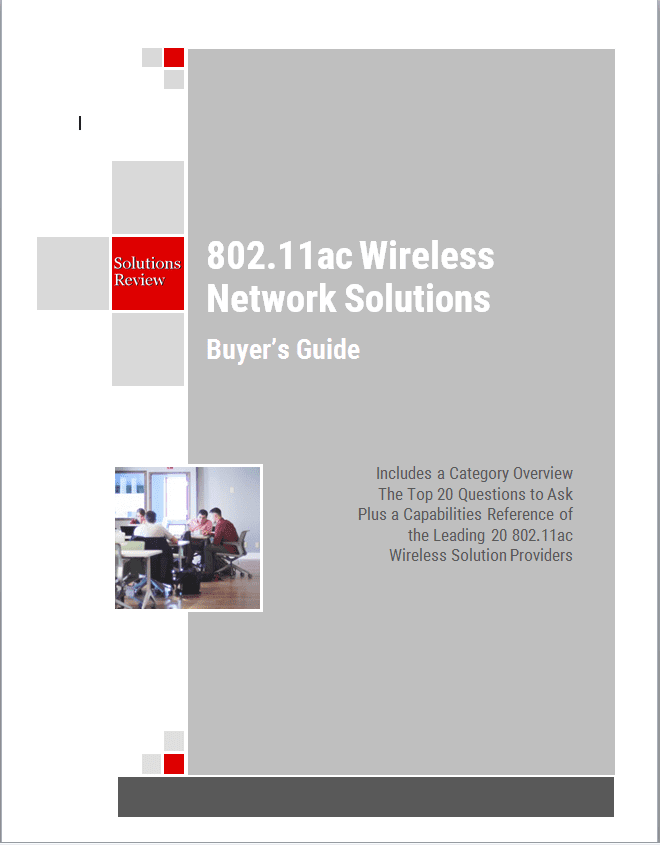Facebook Announces Open Wireless Network Infrastructure

This week, Facebook announced the launch of OpenCellular, their effort to bring wireless internet connectivity to remote parts of the world. At the end of 2015 it was estimated that roughly 4 billion people didn’t have access to basic internet service, and around 700 million people lived outside the connectivity of a cellular network. In words that might resonate with Mark Zuckerberg, that’s a lot of people without Facebook.
OpenCellular is a hardware device around the size of a shoebox that attaches to a streetlight, telephone pole, or a tree with the ability to support up to 1,500 people within 10 kilometers, providing 2G, LTE and wi-fi service. This durable device is built to withstand extreme climates and severe weather, allowing OpenCellular to operate just about anywhere. After becoming so popular in Europe and America, it seems that the best way for Facebook to grow its business is to expand the reach of the internet.
“There’s not yet a viable business model for operators to set up shop and bring connectivity to rural villages,” says Subbu Subramanian, an engineering director on the project. “We want to make sure people have that connectivity—and that there’s a healthy entrepreneurial ecosystem that can spur innovation ever further.”
Continuing with the open-source model that’s made their empire so successful in the past, Facebook hopes that by freely sharing their designs, they’ll be able to accelerate the progress of this new technology.
“With OpenCellular, we want to develop affordable new technology that can expand capacity and make it more cost-effective for operators to deploy networks in places where coverage is scarce,” Facebook engineer Kashif Ali writes. “By open-sourcing the hardware and software designs for this technology, we expect costs to decrease for operators and to make it accessible to new participants.”
Earlier this month, the United Nations reiterated its position that internet access is a human right, decrying governments that interfered in citizens’ networks or prohibited free-speech online.
Open Cellular is the latest in Facebook’s wireless network projects, joining Aquila, the internet-distributing plane, and its internet lasers.




















